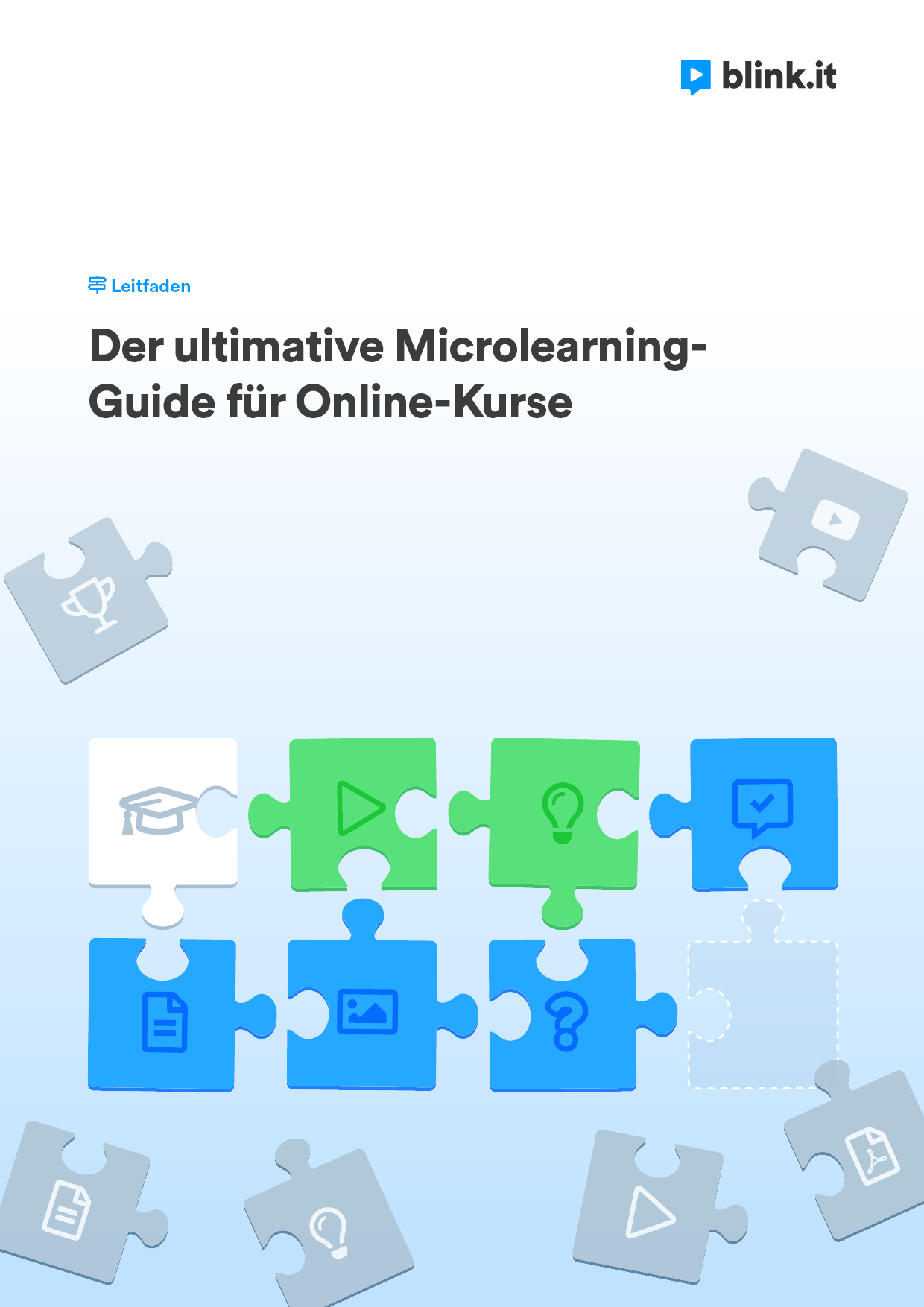The term "Learning Management System" (LMS) is likely known to all HR developers. But perhaps you also hear about different types of LMS repeatedly. Learn now how learning platforms can differ and find out which LMS fits your company!
Definition: Learning Management System
How is a Learning Management System (LMS) actually defined? I ask myself this and research online. According to Wikipedia, an LMS is to be understood synonymously with a learning platform. The terms that come up are:
A complex content management system
for the provision of learning content
for the organization of learning processes
Web-based learning environment
Interface between the educational provider and the learner
Here I begin to ponder: An LMS is therefore a "complex content management system"? The corresponding article in the English Wikipedia does not mention "complex". Even in other sources (e.g., at wb-web.de), I only find agreement on the other points.
So there does not seem to be a 100% unambiguous definition for the classic/traditional "LMS"; the descriptive aspects are quite general.
In further research, I then come across different types of LMS that I would like to briefly introduce to you today: so to speak, subtypes or further developments of the traditional LMS just presented.
This way, you can make a decision about which LMS type suits your company well!

Which learning platform is suitable for my company? A look at different types of LMS can help.
3 Types of LMS
Seeing the "Learning Management System" as a generic term for a learning platform, looking at three types of LMS that have future potential and different focuses can be helpful. You could also describe all these types as further developments of the traditional LMS.
Type 1: Learning Content Management System (LCMS)
The first type is an LMS where the content (English: content) is at the forefront. The site wb-web.de expresses it this way:
If the focus of such a system is on the creation, archiving, reuse, and distribution of learning content, it is also referred to as a Learning Content Management System (LCMS).
An LCMS always contains some kind of authoring tool. This means: It is not just about managing e-learning content but also explicitly about creation.
Ideal for: Organizing many different contents.
Type 2: Learning Experience Platform (LXP)
Another common subtype of LMS is the Learning Experience Platform. Here, the focus is on the personal experience (English: experience) of the user: Active participation is to be encouraged by offering the user individual content using artificial intelligence (AI).
This means: An LXP is technically developed so that the platform analyzes user behavior. Based on this, the user receives suggestions for content that could be personally meaningful and interesting to them.
For this, many integrations with other tools and a very good AI are necessary, which is why LXPs are currently not as widespread as other types of LMS.
Ideal for: The selection of individual learning offerings for each user.
Type 3: Microlearning Platform
The method of microlearning is more widespread. The term "micro" (Greek: small) speaks for itself: On microlearning platforms, companies can offer their employees short and focused content. You can find examples of microlearning in this article.
A microlearning platform is a subtype of the LMS because in both forms, online learning is organized and takes place. In contrast to the Wikipedia definition (see the beginning of this article), a good microlearning platform is usually anything but complex – that would contradict the idea of truly offering users focused and small content.
Ideal for: Training with many small-scale contents on specific topics.
Important: In reality, they are often not well separable and are sometimes a matter of definition. An LMS provider can thus use both microlearning elements and integrate an authoring tool.
Outlook: The Future of LMS
Not only due to digitization are the Learning Management Systems changing that companies offer for corporate learning.
The end of the LMS as we know it is coming.
– says founder Josh Bersin, who has intensively dealt with developments in the HR field. He sees it as a clear trend that the typical functions of LMS no longer belong in a single separate system.
This means in conclusion: Companies should no longer use a traditional LMS just because "that's how it's done." Often, the best solution is not the "spaceship" LMS that unites all functions. Instead, HR developers should consider: What focus does my company have – and which LMS fits that?







